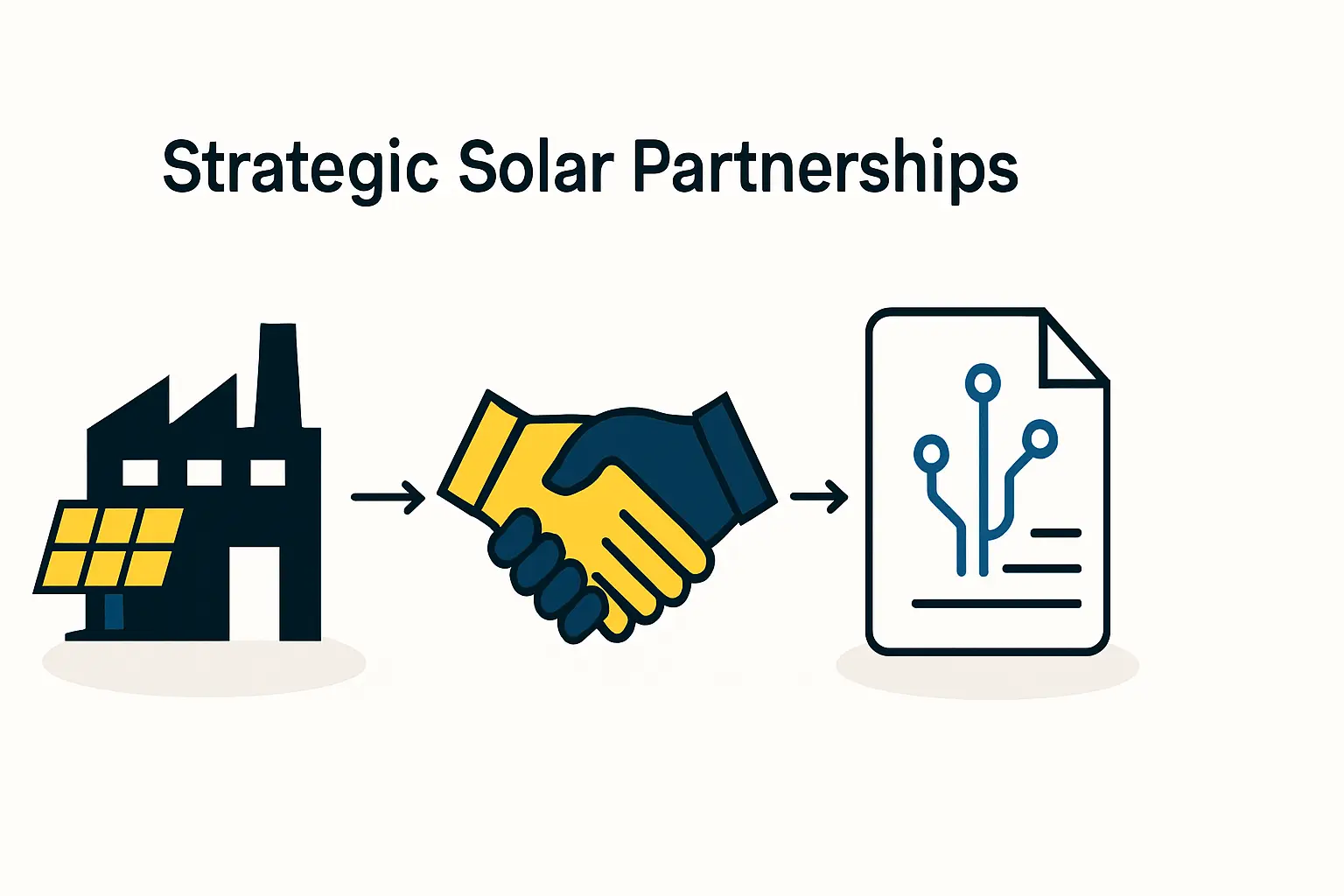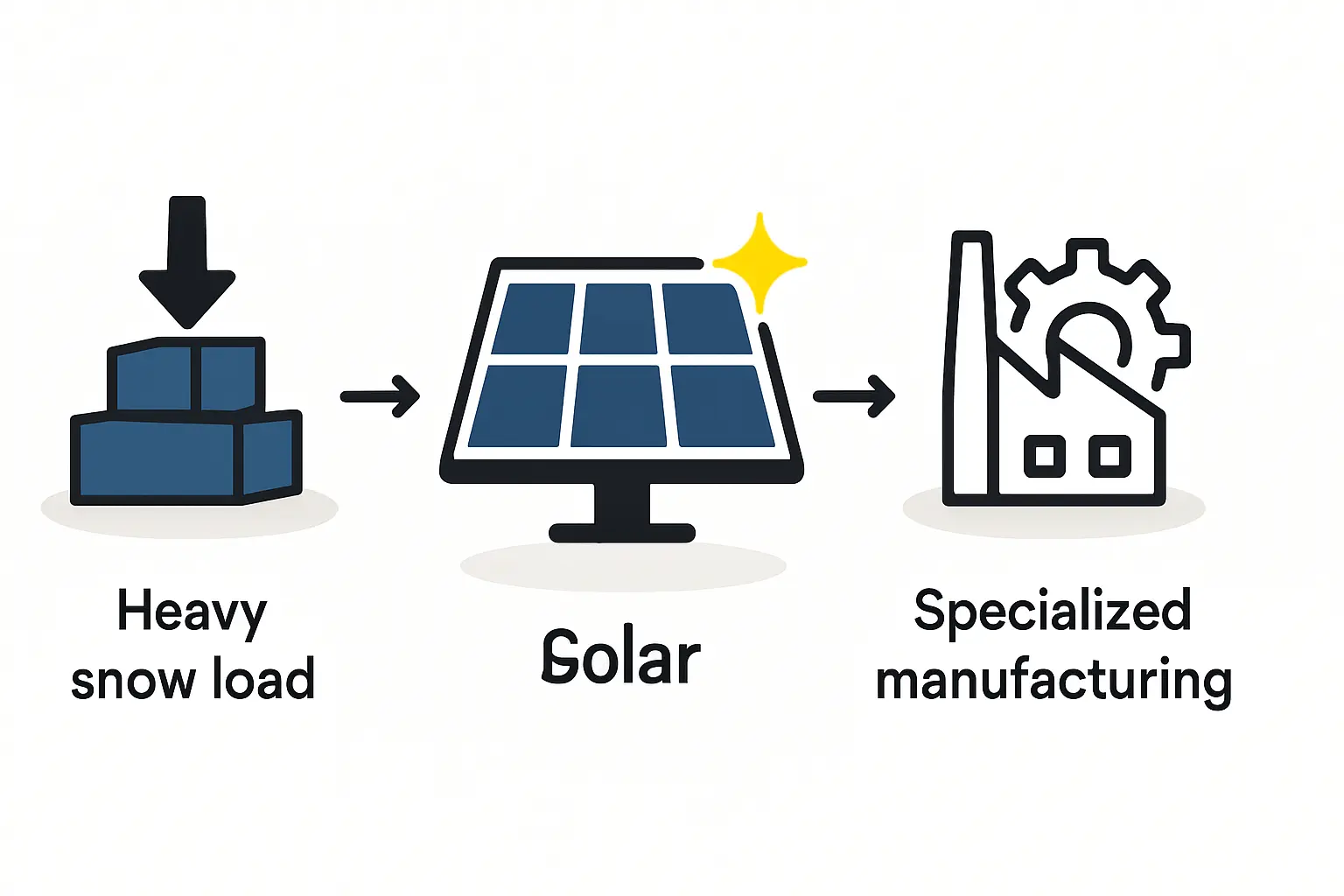Sweden blocks major solar project to preserve agricultural land
The Swedish government has halted the development of what would have been the country’s largest solar park, citing the need to preserve valuable agricultural land. The decision has sparked a lively debate within the Swedish Parliament, as lawmakers grapple with how to balance expanding renewable energy with safeguarding farmland for food production.
The government’s ruling centers on the protection of Class 10 agricultural land, a category recognized for its exceptional value in food production. The government emphasized that long-term food supply and rural development are top priorities, noting that the ruling aligns with a national strategy to preserve agricultural land as a vital resource.
The proposed solar park in Västra Skrukeby, Östergötland, was slated to cover approximately 1,200 hectares on land owned by Riksbyggen, which intended to lease it to a German solar developer.
However, the government’s decision has raised concerns about its impact on Sweden’s renewable energy objectives. The installation could have substantially increased the country’s solar energy capacity, helping reduce reliance on fossil fuels and contributing to climate targets.
Ready to make big Profits?
The solar Industry is Booming
WE HELP NEWCOMERS to the solar industry start their own solar module production line. Customers can make BIG PROFITS by selling modules and finding investors, without wasting money and time on things they don't need!
Parliamentary debate over land use priorities
The decision has divided members of the Swedish Parliament. Emma Wiesner, a member of the European Parliament for the Center Party, has been vocal in her criticism, suggesting that the decision jeopardizes Sweden’s climate goals.
“This is a big loss,” Wiesner remarked in an interview. “If the government does not want solar cells on agricultural land, then they should ease the rules for building solar cells on reindeer grazing land, which is the alternative.”
Wiesner’s comments highlight the ongoing debate in Sweden over land use for renewable energy projects. The Center Party advocates for modifying policies to allow more renewable installations on reindeer grazing lands, offering an alternative to using agricultural land.
Other Parliament members, however, support the decision to protect Class 10 agricultural land, arguing that farmland preservation is crucial for Sweden’s long-term food security.
Impact on Sweden’s renewable energy targets
Blocking the solar park represents a setback for Sweden’s burgeoning renewable energy sector. With ambitious targets to cut greenhouse gas emissions and increase renewable energy usage, large-scale solar projects are integral to these efforts.
The government, however, maintains that preserving agricultural land takes precedence. It reiterated that protecting Class 10 agricultural land is essential for sustaining Sweden’s food supply and bolstering rural development.
This decision comes amidst mounting pressure to expand renewable energy capacity, as Sweden aims to achieve carbon neutrality by 2045. The expansion of solar and wind power is pivotal to reaching this target. The ruling on the Västra Skrukeby solar park, however, highlights the difficulty of balancing renewable energy development with farmland conservation, raising questions about the future of such projects in Sweden.
Future outlook for solar energy in Sweden
The government’s decision has prompted calls to reevaluate Sweden’s energy policies. Some parliamentarians, including Emma Wiesner, are renewing arguments for easing restrictions on renewable energy development on reindeer grazing lands, which they see as a viable alternative to agricultural land.
Halting the solar park in Västra Skrukeby raises significant questions about the future of renewable energy in Sweden. As the country continues to pursue its climate goals, the government faces the challenge of expanding renewable energy capacity while protecting its valuable agricultural heritage.
For now, the ruling serves as a clear reminder of the complex challenges Sweden faces as it navigates the transition to a greener economy.
For more insights into Sweden’s renewable energy strategies and how they align with agricultural preservation, explore related topics on PV Knowhow.



